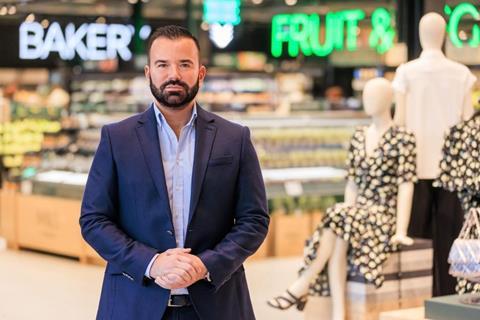
M&S’s cyber crisis continues to draw the bulk of the headlines, this time from The Times, The Mail, BBC and The Guardian, who all used it as a lens to highlight CEO Stuart Machin’s annual pay. Machin received £7.1m last financial year which ended in March, “just weeks” before the cyberattack crippled M&S’s e-commerce operations. A pay rise of 39%, Reuters notes. It included a fixed salary of £894,000, as well as a £1.6 million performance related bonus, and a further £4.6 million in long-term performance-related bonus which he cannot access for two years. Most notably, The Guardian reveals M&S had “agreed to delay” setting new performance targets for the year ahead in light of the cyberattack.
An investigation by The BBC looked into the growing number of “dangerous” TikTok accounts selling food and drink products in the UK, without listing allergen information. Some TikTok Shop sellers have even listed allergy information as “not applicable” despite it being legally required when selling food and drink in the UK. Allergy charities called on TikTok to do more to keep consumers safe.
Daniel Kretinsky’s plan for Royal Mail is taking shape, following the ‘Czech Sphinx’s’ £3.6bn takeover. He’s appointed former trade minister Greg Hands as a strategic advisor to his EP Group. Hands’ appointment was approved by the advisory committee on business appointments, highlights The Times. His appointment came as Royal Mail’s parent IDS formally left the London Stock Exchange following Kretinsky’s takeover, The Mail notes.
Good news for British businesses importing fruit and veg from the EU, as planned border checks on ‘medium-risk’ produce are set to be scrapped ahead of the government’s signing of the SPS deal with the EU. It was covered by the Standard and Politico.
The pound is nearing a three-year high against the dollar, as the fallout from Trump’s global trade war continues to rock markets. Sterling rose as much as 0.7% to $1.3557 yesterday, notes The Mail, which could push sterling back towards $1.50.
Elsewhere a great long read in the FT looks at how the world’s biggest grocer, Walmart, is using automation to cut its headcount, while at the same time supercharging profits. It marks a worrying trend for US workers, the paper warns – Walmart employs almost 70,000 fewer workers than it did five years ago. Executives want to grow sales by more than 4% a year, but do not intend to increase headcount. The piece offered some great snapshots inside two of Walmart’s new warehouses in Dallas. The sites ship double the volume of Walmart’s standard warehouses, at 20% less cost, using automation.



















No comments yet